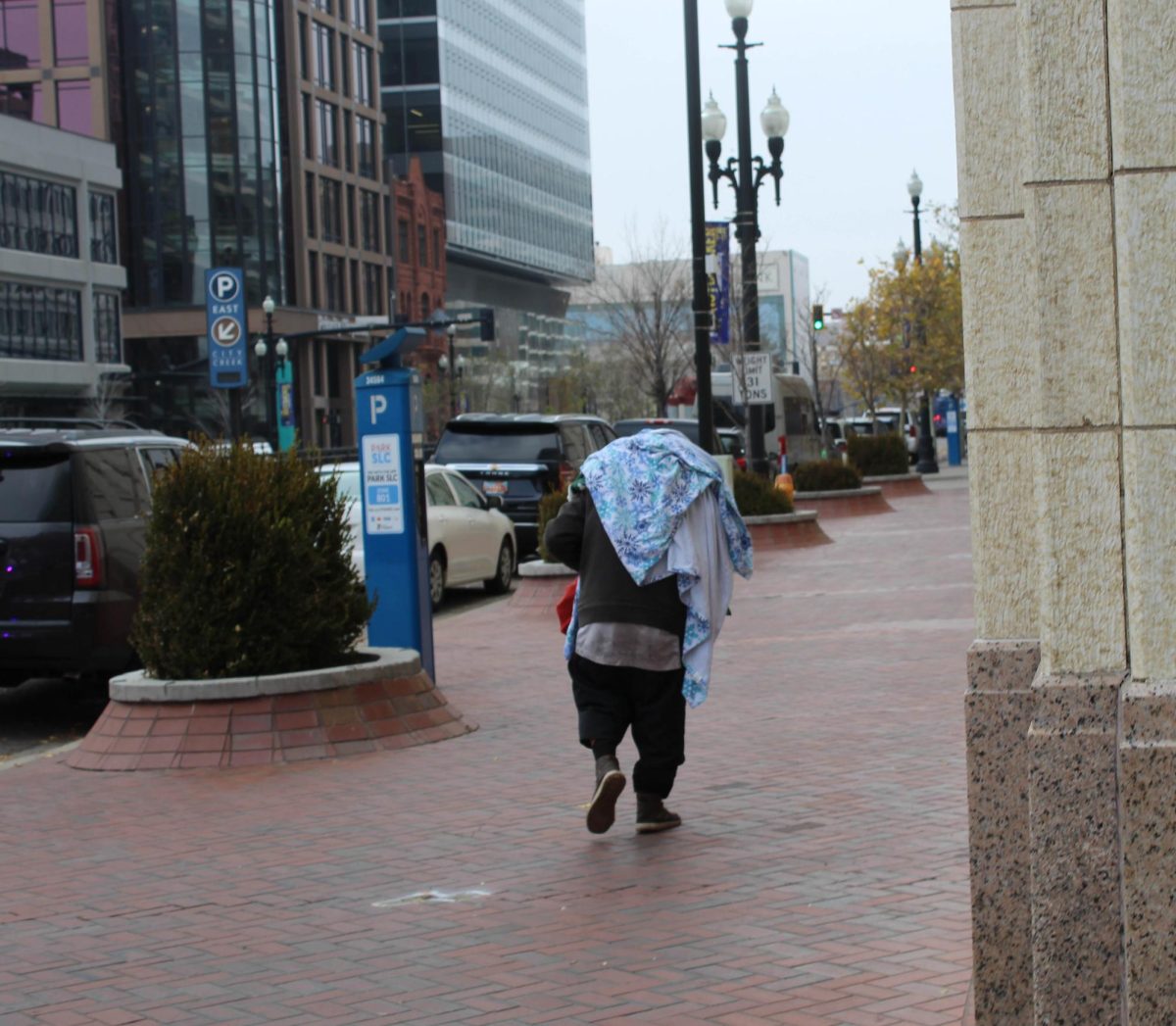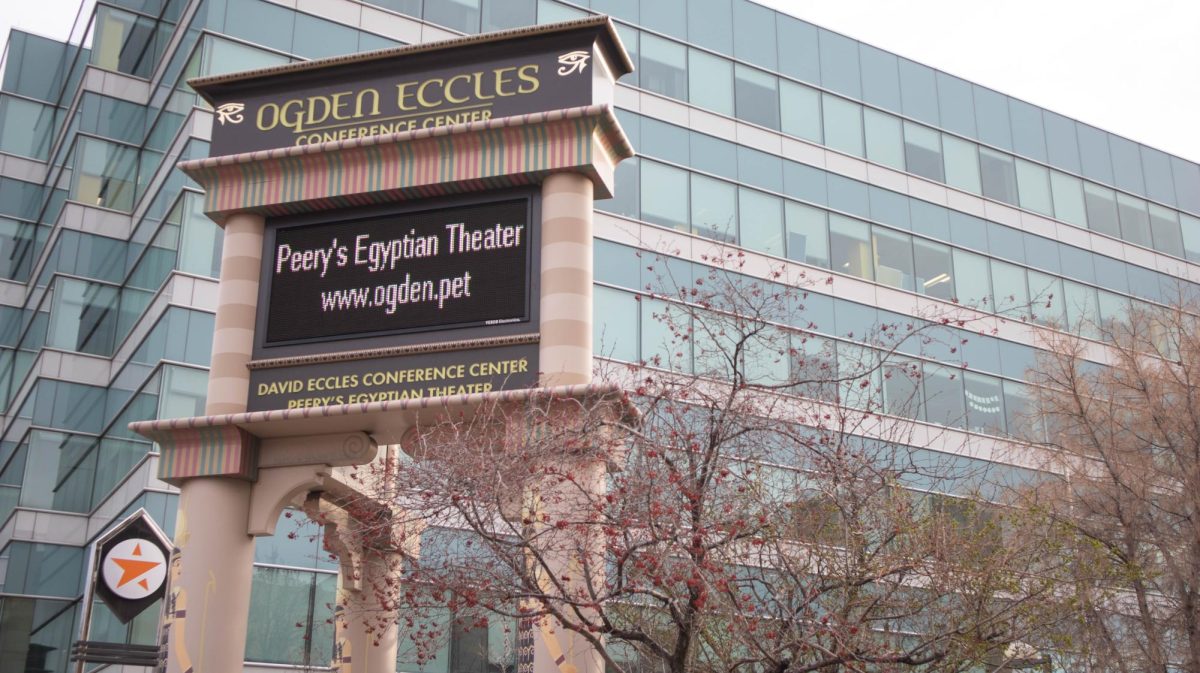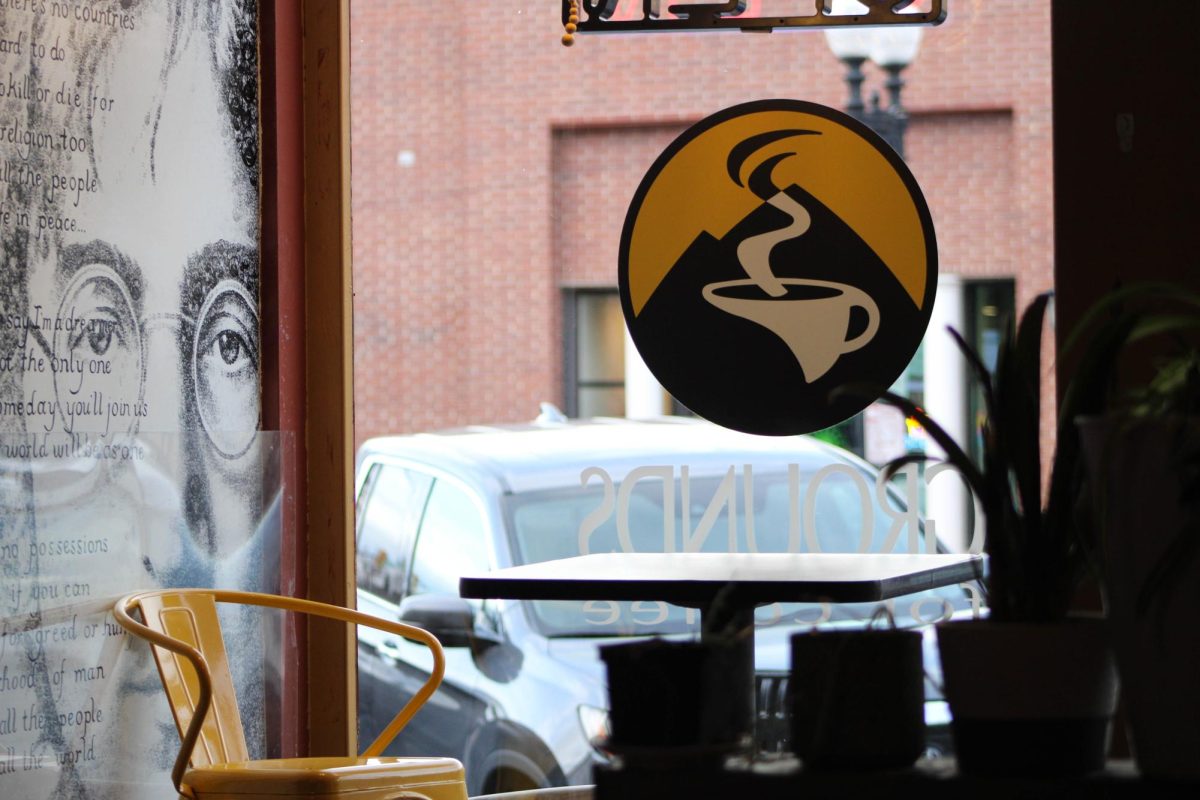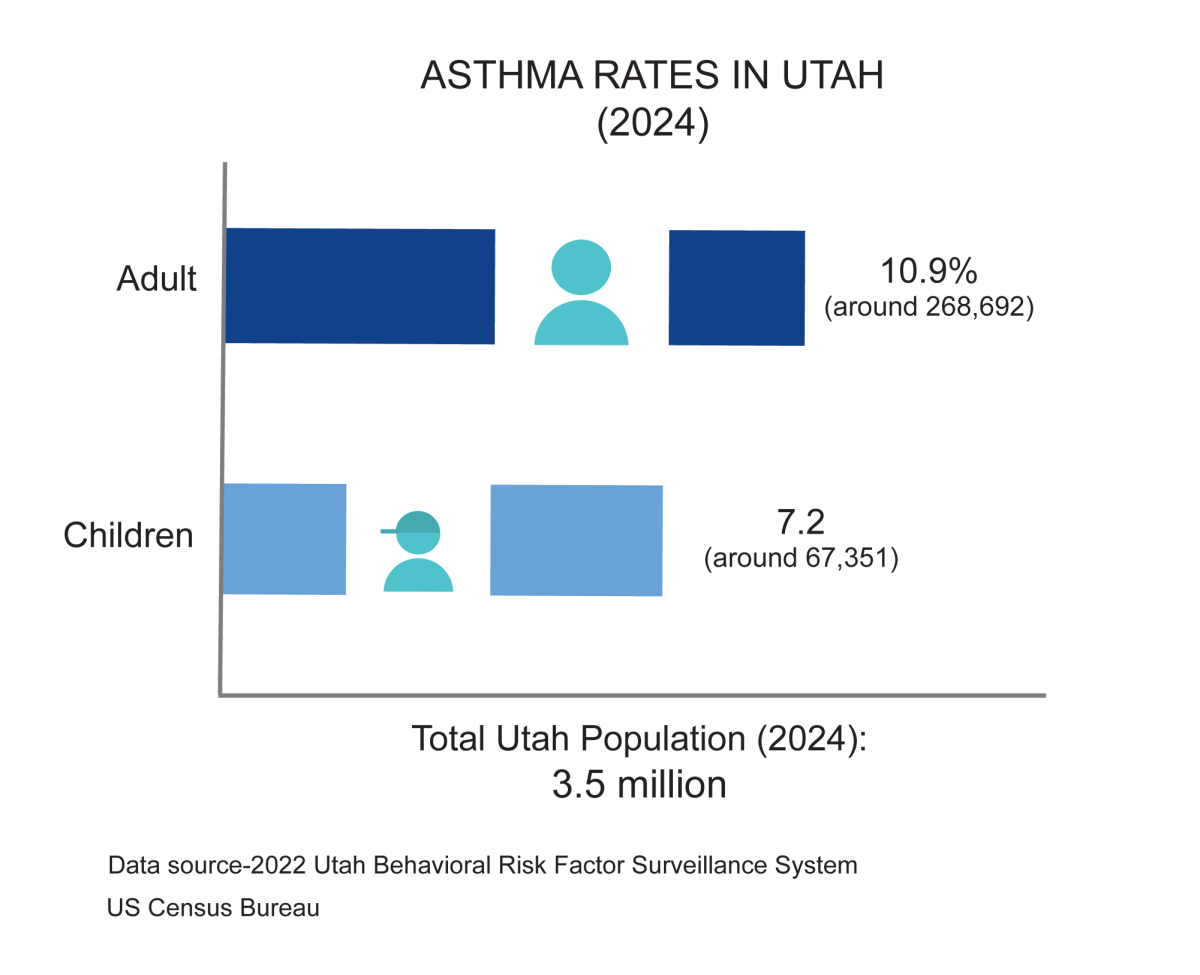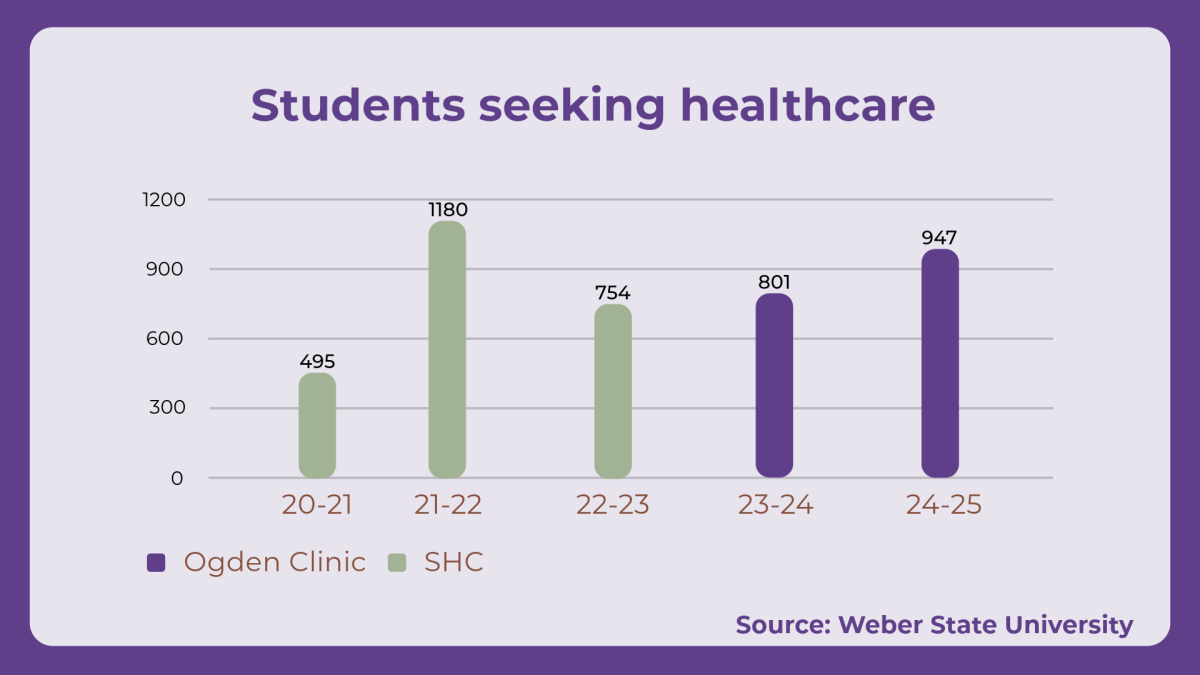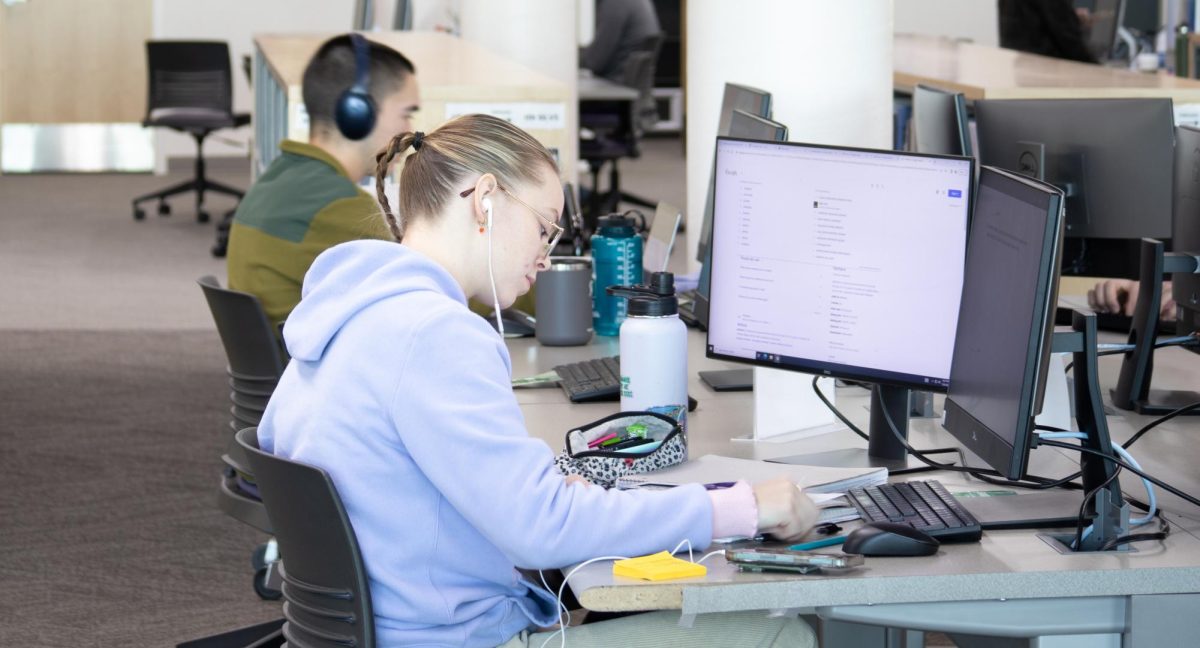
The Latinx community within Weber State University’s health care programs represent a variety of life experiences. However, the community shares a common eagerness to demonstrate their effort, grit, intelligence and love for Weber.
WSU nursing student Karina Torres is proud to share the story of her parents. Both of her Mexican-born parents had dropped out of high school to help their families. They eventually immigrated to the United States and learned English. They made sure to teach their children the values of hard work, determination and humility.
“I owe it to them,” Torres said. “There are a lot of Latinos that can relate. They just want to make their parents proud.”
Torres received additional inspiration from her older siblings. Her oldest sister went to school to become a dental hygienist.
“She is the one who kind of carved the path to success. She set those standards,” Torres said.
Torres said she enjoys nursing because she can participate in the healing process of another person. She believes in using her talents to help others, especially those who cannot speak English. However, Torres admits that she struggled in the beginning of her time in the nursing program.
“I felt like an imposter, like I did not belong there,” Torres said. “There are not many people like me in the program. I stand out because of my skin color.”
The feeling did not stop Torres from following the examples of her parents and siblings.
“I realized that I was capable of doing the same things anybody else can do, regardless of where I come from,” Torres said. “My culture and background are my superpower.”
Torres encourages other Latinx people to go to college.
“If I can do it, anybody can do it,” Torres said. “Do not get discouraged by anything.”
Dr. Tanya Nolan, a professor for the Department of Radiologic Sciences, grew up with the unique dynamic of living in an ethnically mixed family. Nolan’s mother left a life of teaching and social prestige in Mexico to live with the love of her life, Nolan’s white father, in the rural community of Henefer, Utah.
“She certainly did not receive the same respect as she had in Mexico,” Nolan said. “Some folks would talk down to her. Because of this, she pushed us to be academically excellent.”
After returning from a religious mission for The Church of Jesus Christ of Latter-day Saints, Nolan chose to pursue a career in medical imaging. Her connections within the medical imaging community led her to a position with WSU.
Nolan recently completed a doctorate degree in education. She credits WSU’s culture of inclusivity as a foundation for her professional success.
“If you feel that you can be a part of something, your dreams are limitless,” Nolan said. “Your ability to excel is limitless. Do not be afraid. Embrace all cultures.”
Maria Hernandez-Padilla, a first-generation college student, sonography major and DACA recipient, has fully invested herself into her education. She has received departmental recognition for her academic and clinical proficiency and is on track to finish her Bachelor of Science degree.
Because of her status, she is ineligible for financial aid and has had to pay out-of-state tuition. She credits her parents for the sacrifices they have made to help her pay for college.
“They pull 12-hour shifts every day,” Hernandez-Padilla said.
Hernandez-Padilla realized at a young age that her status within the U.S. meant uncertainty. She refused to let the uncertainty lead to indecision. She threw herself into her education instead.
“I work 12 to 13-hour shifts in x-ray on the weekends before returning to sonography clinicals during the week,” Hernandez-Padilla said.
Hernandez-Padilla has found additional support and guidance with the WSU Center for Multicultural Excellence and with her professors. She also has advice for Latinx young adults like her who face uncertainty in the current political climate.
“Consider what is happening around you,” Hernandez-Padilla said. “But do not let it affect you to the point you stay stagnant.”




